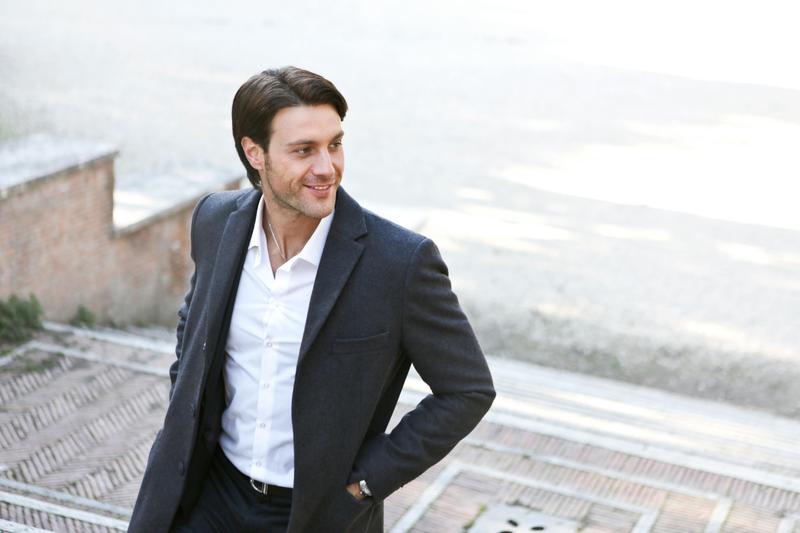The Guru Trap: What to Beware Of
Have you ever found yourself captivated by someone who seems to have all the answers? Maybe it was a spiritual teacher, a self-help expert, or a so-called guru who spoke in a way that made you feel like they had unlocked a hidden truth about life. Their presence was magnetic, their words profound, and for a moment, it felt like they could see into the very core of your struggles.
Perhaps you attended their workshop, read their books, followed their teachings with complete trust—until you started to notice something. Maybe the transformation they promised didn’t last. Maybe their guidance left you more dependent on them than empowered in yourself. Or maybe you began to question whether they truly embodied the wisdom they preached.
What if the answers you seek aren’t meant to come from someone else? What if the entire paradigm of looking to external sources for clarity is, in itself, part of what keeps us from genuine inner mastery?
The Illusion of the All-Knowing Guide
The idea of a guru—someone who holds the answers, who can “save” us from our suffering—is deeply ingrained in many traditions. It’s comforting to believe that someone else has already walked the path, overcome all the challenges, and distilled the insights into a formula we can simply follow.
But here’s the subtle trap: When we rely on someone else’s authority to determine our truth, we bypass the very process that would lead to real transformation.
The most captivating teachers often have a presence that feels undeniable. They radiate certainty. They speak with conviction. And in that certainty, they offer a kind of relief. A break from the confusion and self-doubt we wrestle with in our own minds.
But is certainty the same as wisdom?
If someone is charismatic, does that mean they are evolved?
And if their guidance doesn’t require you to struggle with your own awareness, to wrestle with your own conditioning, is it truly guiding you anywhere at all?
The Cycle of Seeking
There’s a reason people move from teacher to teacher, program to program, constantly searching but never quite arriving. It’s not that the teachings are necessarily wrong—it’s that they are incomplete.
If the focus remains on receiving information rather than embodying deep inner change, the cycle never ends.
Seeking becomes its own kind of distraction. A subtle way to avoid the discomfort of actually integrating new ways of being. It feels like progress because we’re learning, engaging, discovering new perspectives. But information alone doesn’t create transformation.
And for many, there’s a hidden fear beneath the search: What if I already have what I need within me? What if there is no secret, no final revelation, no ultimate authority outside of myself?
When that realization starts to settle in, the endless pursuit of answers begins to lose its grip. And what remains is something far more unsettling—learning to stand in our own awareness without looking to someone else to validate it.

Wisdom vs. Performance
Many teachers are masters of presentation. They know how to speak in a way that feels profound. They use language that resonates. They deliver messages that make us feel momentarily awakened, as if we’ve just been given a key to something we couldn’t access before.
But the question isn’t whether someone can say the right things. The question is: Do they live it?
And more importantly: Does what they teach help you embody real change—or does it keep you attached to their authority as the source of insight?
Because real wisdom doesn’t require performance. It doesn’t need to be convincing. It doesn’t depend on capturing your attention or keeping you engaged. It simply is.
A person who has truly integrated what they teach won’t feel the need to sell it. They won’t be invested in whether or not you follow them. And they certainly won’t position themselves as the final word on your journey.
Real wisdom points you back to yourself, not toward the person delivering it.
Returning to Inner Mastery
So where does that leave us? If there’s no external savior, no singular authority to follow, does that mean we’re on our own?
Not exactly.
The paradox is that while external guidance can be valuable, its real purpose is to lead us back to our own clarity. The most profound shifts don’t come from adopting someone else’s perspective—they come from refining our own awareness to the point where we no longer need to be told what is true.
When we stop searching for the person who will finally “fix” us, we create the space to develop something far more powerful: self-trust. The ability to navigate our experience with presence, discernment, and a deep understanding that wisdom isn’t something we receive—it’s something we cultivate.
The real journey isn’t about following a teacher. It’s about becoming one for yourself.
How the Inner Foundation Series Can Help
The Inner Foundation Series isn’t about giving you someone else’s truth—it’s about helping you develop your own. Through structured inner training, you’ll learn how to refine your awareness, shift emotional patterns, and cultivate deep self-trust. Because real mastery doesn’t come from looking outside—it comes from unlocking what’s already within.

